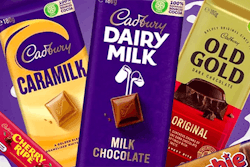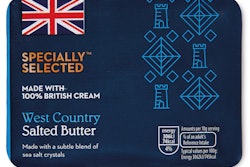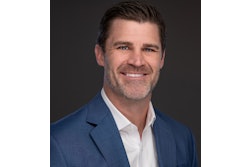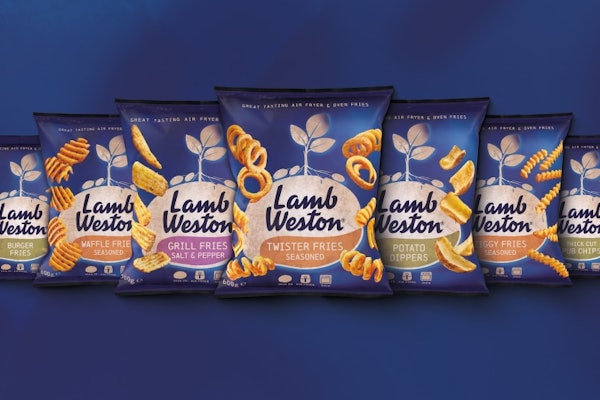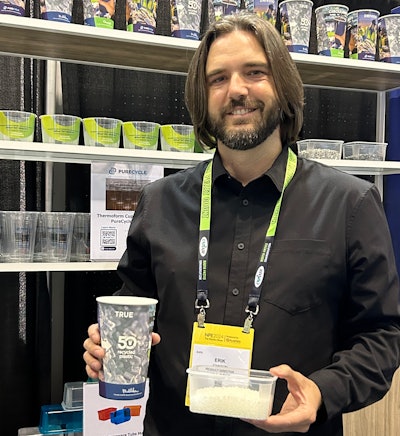
Since 1980, Churchill Container of Lenexa, Kan., has been designing and manufacturing collectible and reusable drinkware and snack containers for a range of entertainment venues, namely stadiums and arenas, but also restaurants, theatre concessions, convenience stores, and retail. Several years ago, while researching sustainable packaging alternatives, Churchill came upon PureCycle Technologies and its PureFive recycled polypropylene, produced through a patented, solvent-driven purification technology. In March 2024, the two companies announced they had successfully produced a PP cup made with 50% PureFive rPP resin.
Churchill has always had a focus on sustainability, partially driven by its customers’ needs. “The brands we serve have a high public profile and are uniquely influential,” says Erik Johnson, director of Design & Product Development for Churchill Container. “Environmental responsibility is one of our core values, and as a supplier to these brands, Churchill is in a position to help make a difference. By developing sustainable solutions for our clients, we have an opportunity to contribute to their positive influence.”
 | Watch this Sustainable Packaging Explained video, “How Advanced Recycling is Trying to Address the Plastic Waste Problem” |
By their very nature, Churchill’s reusable cups and containers offer a better sustainability proposition than single-use packaging. To enhance that positive environmental footprint, the company offers items with recycled material. However, working with mechanically recycled PP has been a challenge. “There are two main problems with rPP,” explains Johnson. “The first one for us is melt flow. Most mixed rPP falls into a very low melt range so it can only be blended at low percentages. The second problem we run into is the lack of purity. Typical rPP is streaky, speckled, and carries unpleasant odors. Even if the material passes safety testing, no one wants to drink or eat out of a smelly, dirty-looking cup.”
Unlike rPP resulting from mechanical recycling, PureFive rPP is free of contaminants. With filtration and extraction at the heart of the process, PureCycle’s patented purification technology involves seven steps, during which color, odor, and other contaminants from plastic waste are removed, transforming it into ultra-pure recycled resin. In 2024, PureCycle received a Letter of No Objection from the FDA confirming the company’s PureFive Ultra-Pure Recycled resin is suitable for use in all food-contact applications.
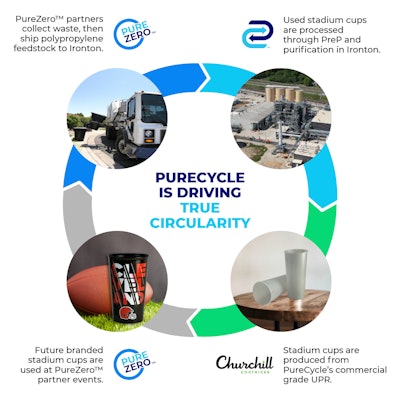
For feedstock, PureCycle primarily purchases curbside-collected and baled PP scrap from waste collection companies. Other waste plastics used as feedstock include PP raffia, food packaging film, and carpet fibers, traditionally destined for landfill.
PureCycle also actively supports the proper disposal and collection of PP, as well as other packaging waste, through its PureZero Program, established in 2021. Shares PureCycle Corporate Communications & PureZero Manager Christian Bruey, “The PureZero Program began as an effort to help professional sports organizations and entertainment arenas better recycle the plastic waste from their events.” At present, the Cincinnati Bengals, Cleveland Browns, and Jacksonville Jaguars are all PureZero partners.
As Bruey explains, one of the keys to improving recycling at the stadiums has been the implementation of a “stadium pick,” where stadium clean-up crews focus on recyclable materials, such as plastics and aluminum, and put them into separate bags from the food waste. “This helps to decrease the contamination levels for the waste haulers and also increases the amount of material that is recycled,” says Bruey, adding that messaging and signage are also vital to the success of the program.
As Johnson recalls, it was the PureZero program that brought PureCycle to Churchill Container’s attention, and it was the quality of the material that sold them. “We were drawn to their material in large part because of the purity,” he says. “Other rPP options we’ve tried in the past were often smelly and/or discolored.”
For the proof-of-concept project, Churchill produced a cup with 50% PureFive, using an additive from Milliken to modify the melt flow of the resin. “This gives the PureCuycle material similar characteristics to Churchill’s virgin materials and allows Churchill to incorporate recycled content into their product at levels previously unattainable,” says Bruey.
 | Read this related interview with Tamsin Ettefagh, chief sustainability officer/chief commercial officer at PureCycle, “Advanced Recycling Technologies: Transforming Waste into Opportunity” |
Commenting on the choice to use 50% rPP, Johnson says the goal was to start with something the company knew it could achieve and build from there. “PureFive easily met our standard specifications at a 50% blend so that has been fully qualified,” he says. “It is possible for us to run closer to 100% [up to 98% with Milliken’s modifier], but we need to do some additional testing before we officially qualify it for testing.”
Now that the viability of the 50% PureFive rPP cup has been proven, Johnson says Churchill will begin to actively market it as part of the company’s latest product offering. “Our usage will be driven by customer demand, but we would eventually like to offer it across our full line of in-mold-labeled products and possibly others as well.” PW


